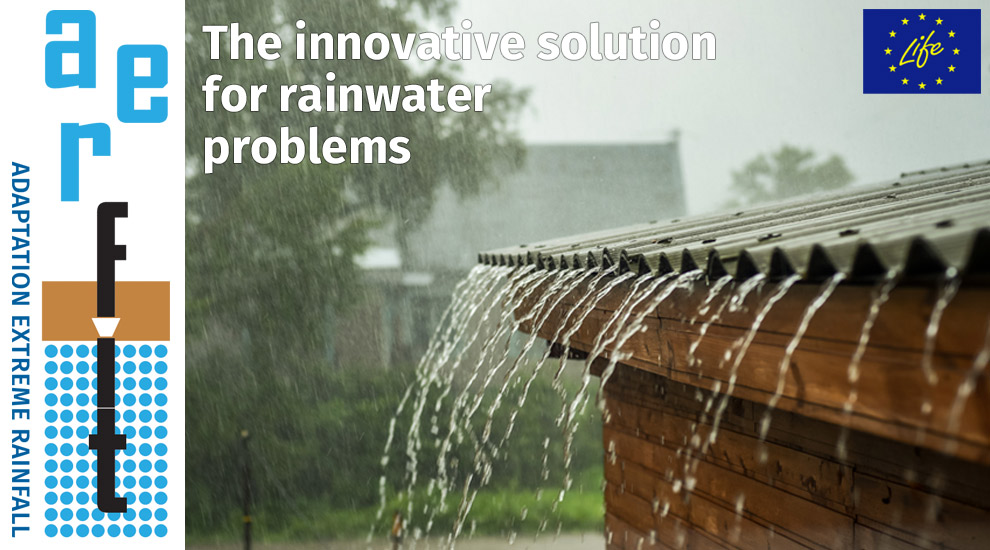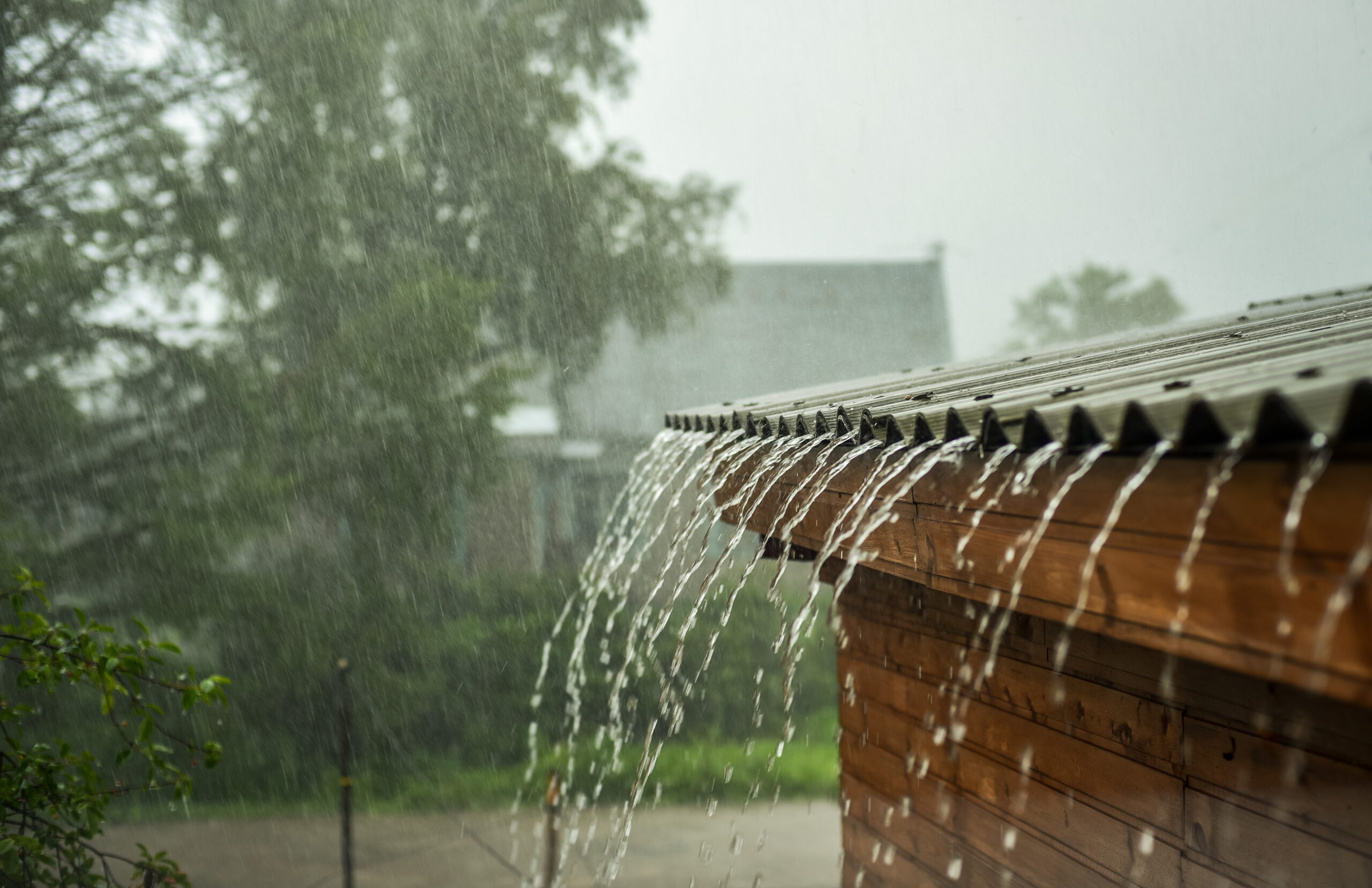What do you do when the tunnels are full of water, the streets flooded and water seeps into people’s homes? The Municipality of Apeldoorn started with the construction of the first wells this year and will drill a total of 150 during the next 3 years. Via these wells, water will infiltrate the soil with the help of a special technique called ‘DSI’ – the abbreviation of German düsensauginfiltration (DSI) or nozzle-suction infiltration – which ensures a faster discharge of the water than other solutions for flooding. The project is being funded by a LIFE + grant from the European Union.
Drain off
‘If water is discharged faster, then you need less space to store the water. That is what caught our interest in the DSI technology’, says Diederik Anema, Programme Manager Climate Adaptation and Nature at the Municipality of Apeldoorn. ‘We are busy with draining off rainwater discharge from the sewer system, and we are looking for solutions for water storage. The problem is that wadis work slowly and that the capture of rainwater in pipes is only a solution for average showers. During the peak showers that we are increasingly confronted by, those pipes overflow, and so a more rapid discharge is needed.’
5 to 10 cubic metres per hour
‘The DSI technique – developed in Germany – can discharge an average of 5 to 10 cubic metres of water per hour dependent on the state of the soil’, explains Robert Barkel. He is the operational director at Henk van Tongeren, a company specialised in groundwater technology. ‘We drill a source, and during the drilling, we determine the exact depth that the filter will be placed at. That filter ensures water uptake in the soil.’
Interesting locations
The Municipality of Apeldoorn is currently selecting the locations that are interesting for accelerated discharge. ‘That depends on where the rainwater discharge will be disconnected from the sewer system and where wadis and pipe systems do not fit or are not satisfactory.’ The technology has already been used, for example, in Brummen, Epe, Apeldoorn, Oss and Maastricht.

